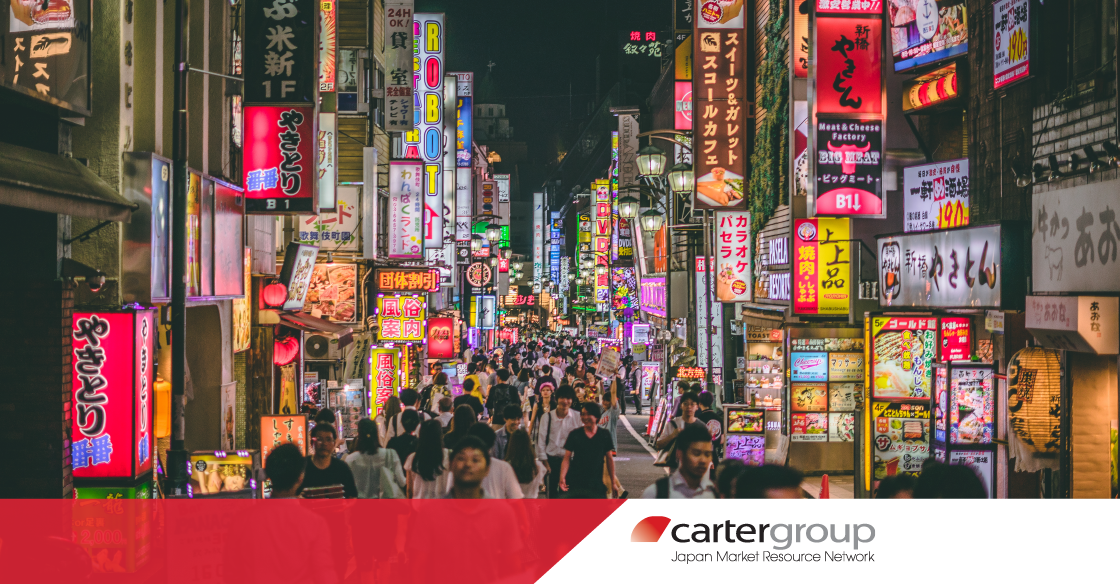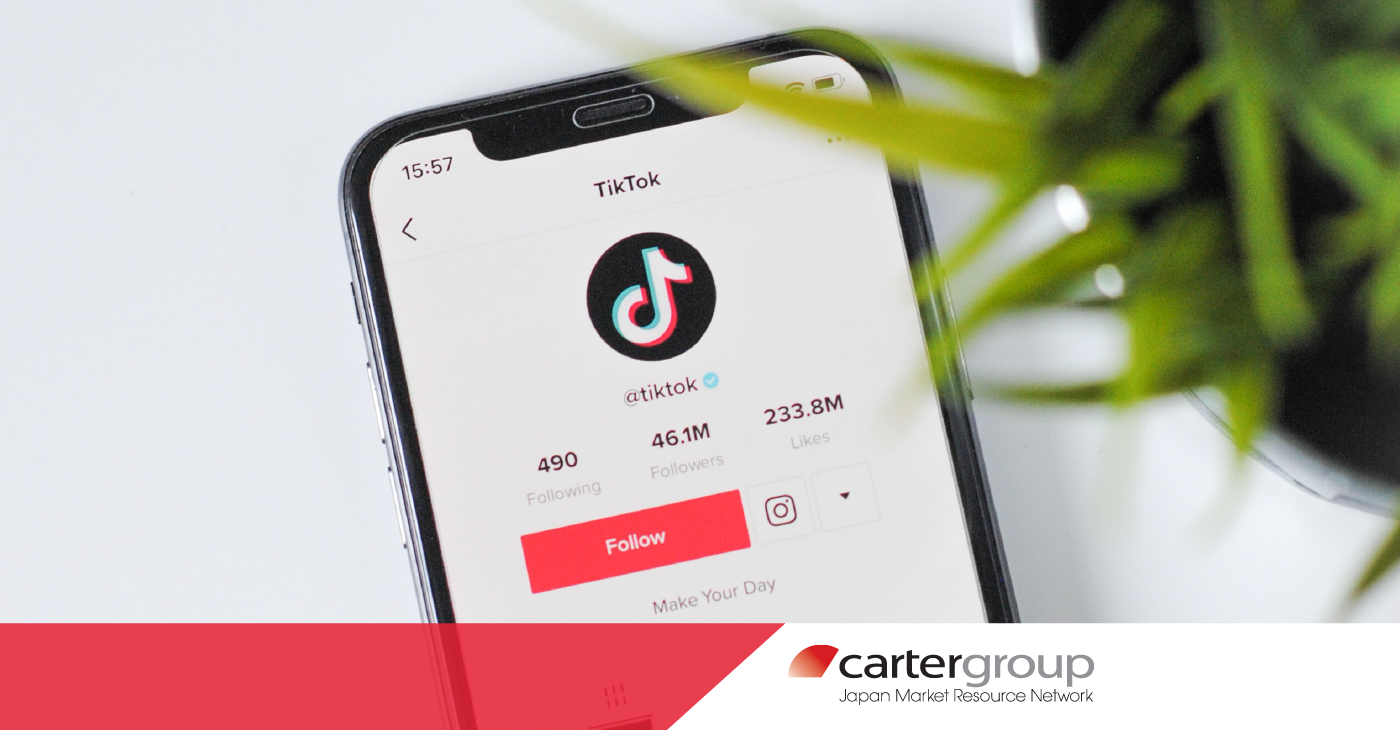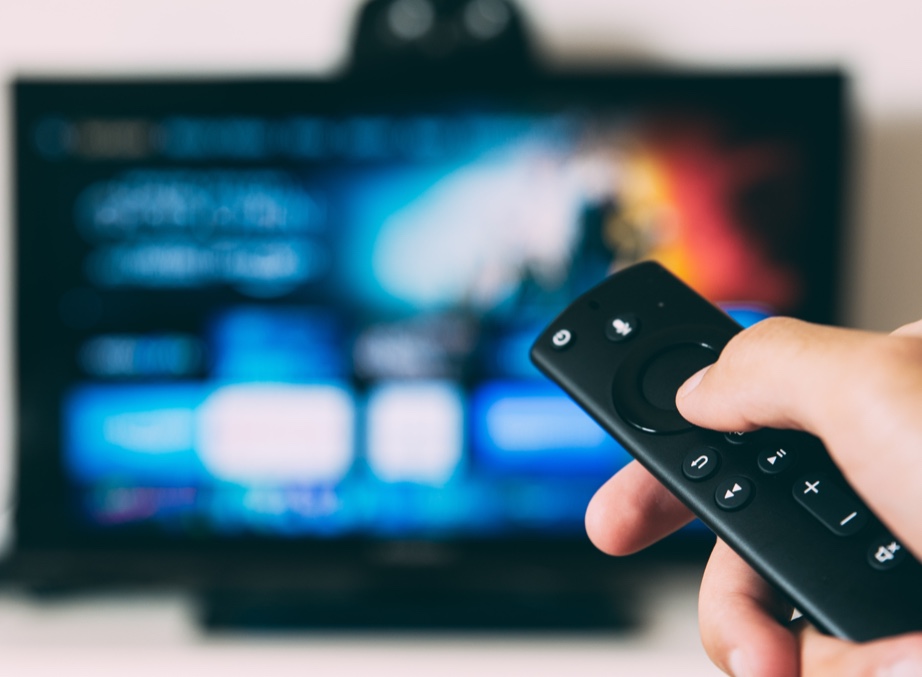
Japan is meeting the era of Reiwa with unprecedented growth in the elder age brackets and declining numbers among the young.

Developing tech-enabled products and services that assist us as we age is a relatively new frontier. However, the vision of a world where...

Over the past 10 to 15 years, Japanese marketers have wholeheartedly embraced the symbology of sustainability. Notions of ‘green’ and ‘eco’ and ‘human’...

CarterJMRN has been tracking daily social media usage among the general public aged 16-69 via our Japan Consumer Sentiment Survey since 2017.

One definition of progress is that Japan should move its society from one based on traditional values - highly protective of change and...




